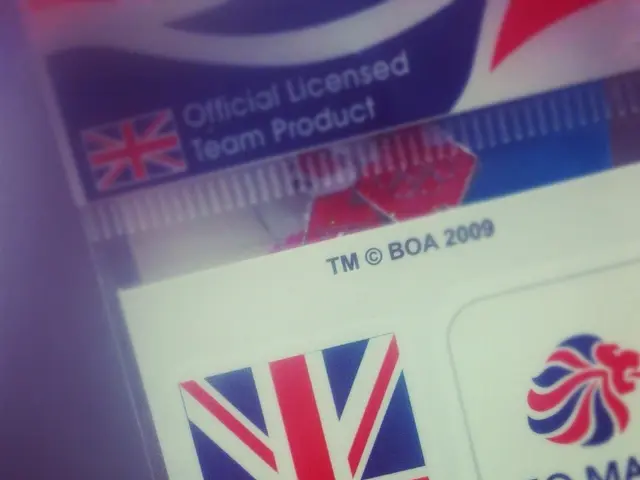CIPLE Test Changes: New Exemptions and Adaptations for Portuguese Citizenship
The CIPLE test, a mandatory Portuguese language proficiency exam for citizenship, has seen changes in its requirements and exemptions. Children under 10 and those under 18 studying at Portuguese schools can now take an adapted version or be exempt. Applicants for the Golden Visa are also exempt.
The CIPLE test assesses applicants' Portuguese language skills at the A2 level. It consists of three parts: Reading & Writing (40%), Listening (30-35%), and Speaking (25-30%), lasting two hours. Passing requires a grade of 55% or higher, with results ranging from 'Fail' to 'Very good'.
Exemptions apply to a wide range of individuals, including those married to a Portuguese citizen, eligible for citizenship through naturalization, from Portuguese-speaking countries, or holding higher-level Portuguese certificates. Additionally, those over 60, illiterate, or with mental/physical disabilities are exempt. Applicants who fail initially receive a temporary residence permit until they pass.
The CIPLE test, costing €72, is designed to be accessible, focusing on daily phrases and basic sentences. With recent changes, more individuals can now qualify for Portuguese citizenship through these language proficiency exemptions and adaptations.





